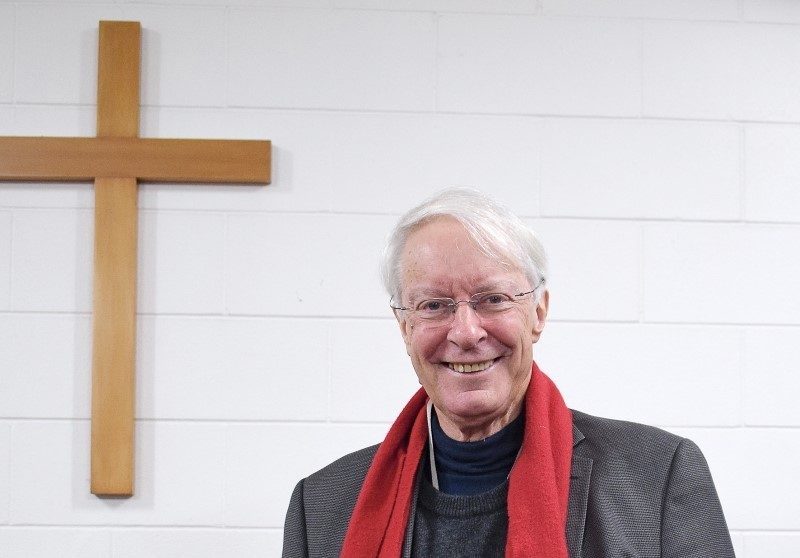The elusive peace sought by the world can only be attained when painful traumatic histories are put to rest by effective and acceptable apologies and deeper empathies and forgiveness.
This was the point made by Professor Kevin Clements, director of the National Centre for Peace and Conflict Studies at the University of Otago. He spoke before the Friendship Club of North Harbour at the Zion Methodist Church Hall in Birkenhead, Auckland, on August 1.
Professor Clements has focussed on the growing levels of hostility in the North-East Asia region — Japan, China and Korea.
“Painful history, I think, is the primary driver of Chinese antagonism and Japanese defensiveness,” he said. The Chinese people feel Japan’s professed remorse over its (Japan’s) invasions of China in the last part of the 19th century up to the middle of 20th century is motivated by Japan’s desire to get access to the Chinese market.
The Japanese, on the other hand, feel they have apologised over and over and that China needs to move on.
He said the European Judaeo-Christian tradition of apologising and receiving forgiveness might not work for this region.
For example, the 1970 Warsaw Genuflection when Willy Brandt apologised by kneeling at Auschwitz as the German Chancellor, it was accepted by Jews and others as a major act of apology.
“There has been debate going on about the differences between what we might call a shame culture, which characterises Japan, Korea and China versus the Judaeo-Christian guilt culture in Europe where you can say I’m sorry and expect that forgiveness will be given,” he said.
The Oriental system would need the perpetrator of the hurt to apologise in a way that restores the victim’s credibility and for the perpetrator to feel shame for the
hurt he’d caused.
He said it becomes difficult at the national level.
“It’s a very, very deep and bitter antagonism. And it has to be explained in terms of identity and conflict,” he said.
“Individuals who identify (with either country) . . . forget their nation’s past injustices and focus instead on past glories. The need for positive self-esteem on both sides has driven China and Japan in opposite directions.”
Professor Clements said even the Japanese-South Korean relations are tricky. “What we are discovering right now is there are many fractures and fissures in these relationships,” he noted.
He said what happens in North-East Asia will have a huge impact in New Zealand and the world.
“There’s no doubt at all that the North-East Asian region is actually critical to peace and prosperity globally. It’s the centre of global economic development,” he said. He said US President Donald Trump’s moves towards North Korea are also generating a lot of anxiety.
“It’s a region that even if they have deep divisions and deep antagonisms nevertheless tries to work them out diplomatically and so forth. And the notion that someone like Donald Trump coming in like a bull into the North-East Asian china shop is very worrying,” he said.
Professor Clements also pointed out what seems to be a growing sentiment that a cleansing war is needed.
“I think we are living in extremely dangerous times,” he said, citing a talk he had with a pro-Brexit British taxi driver in Wellington.
The driver told Professor Clements that he [driver] was very much for Brexit. The driver wasn’t interested in the economics, he was interested in protecting his own British identity.
“And then he [driver] said, ‘what we need is another war. It’s only when you have another war that you realise what your true identity is’,” Professor Clements said.
“The world is so small, so interdependent and the weaponry is so lethal that to think in those terms is nightmarish,” Professor Clements observed.
He said there is a need to engage in a “moral imagination”.
“China and Japan both have to imagine their futures in an inclusive relationship with each other so that they won’t do each other harm and deal with each other with respect. And this is what I think should happen across all national boundaries,” he said.

Reader Interactions